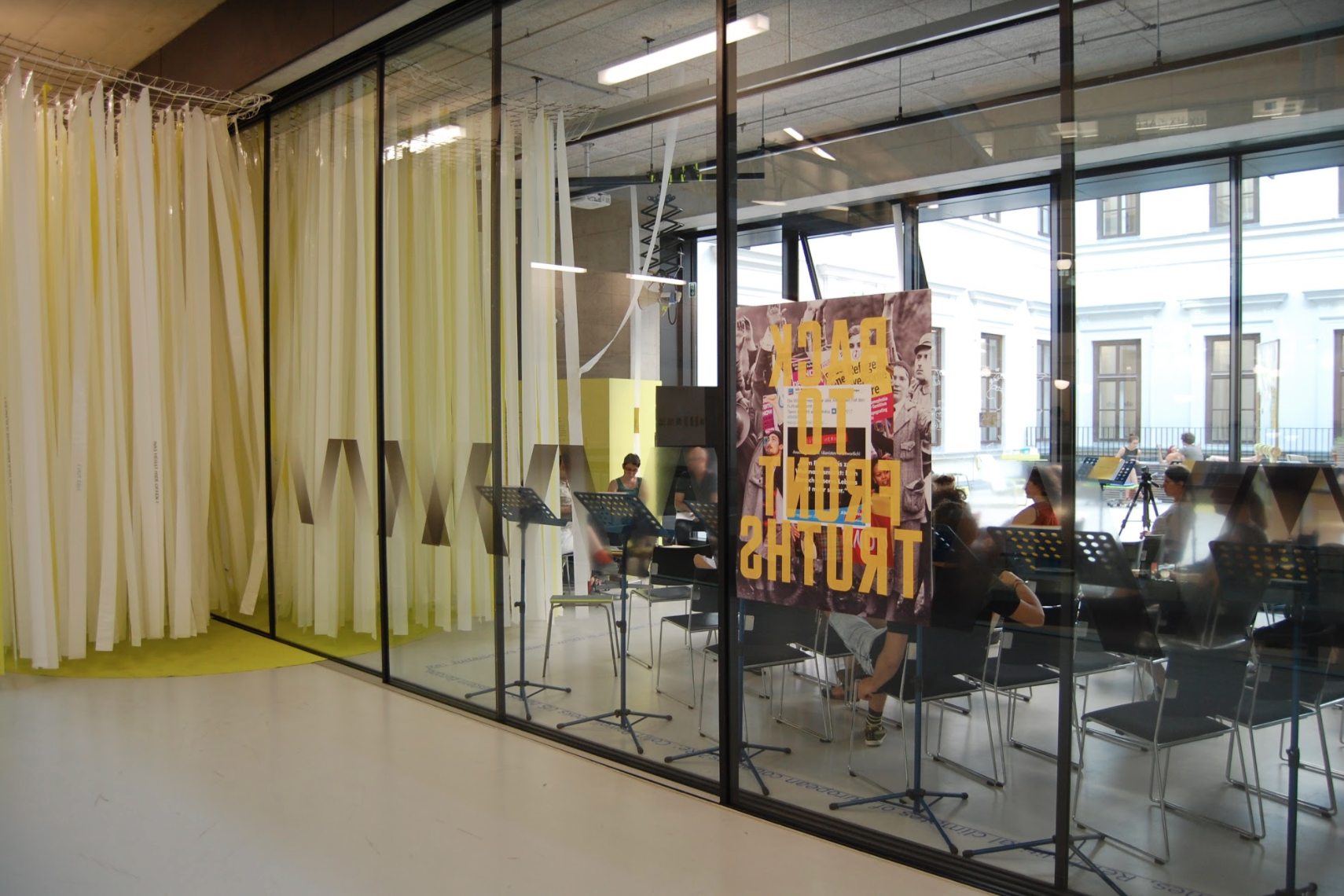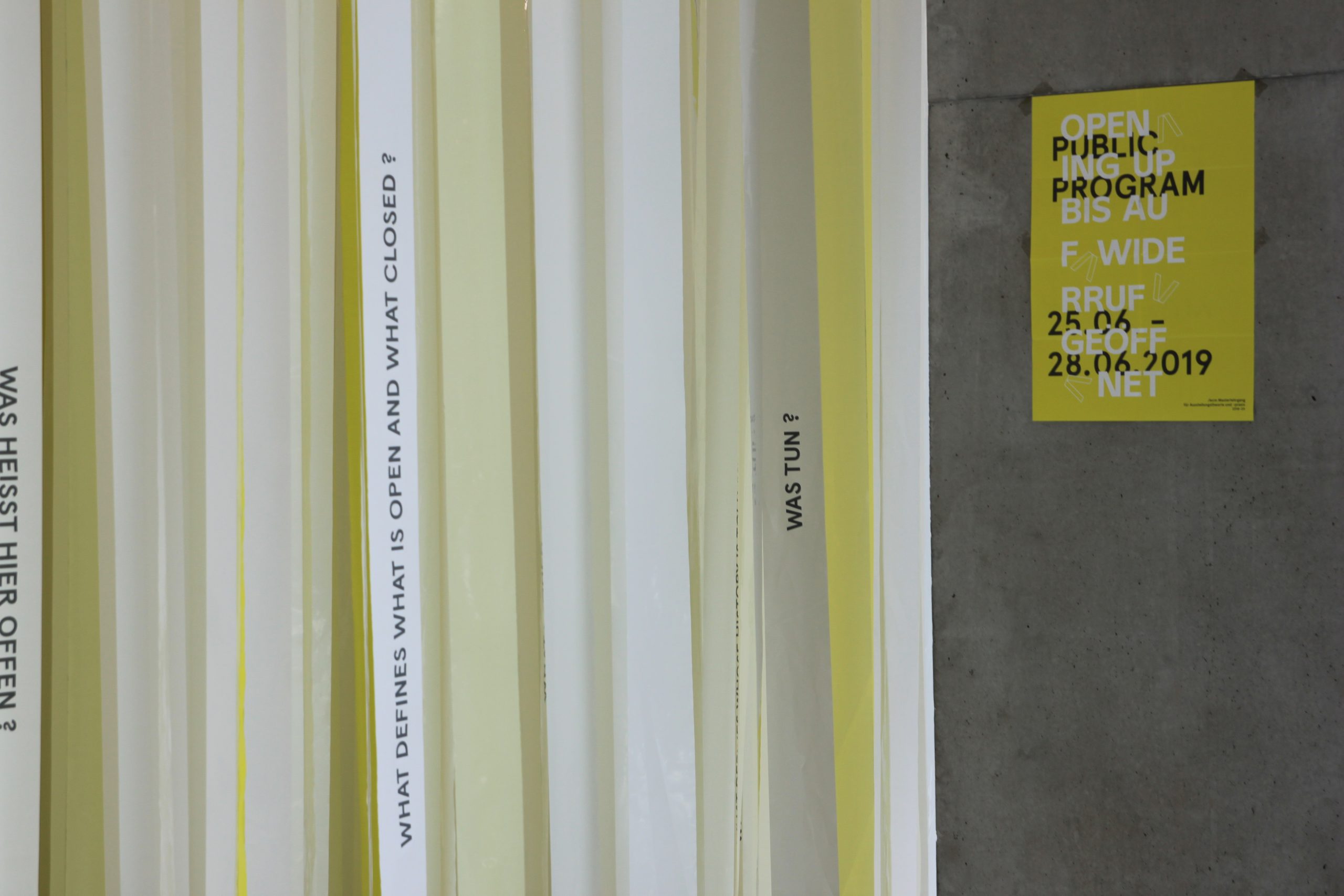Comments on a postdigital art education and their bodies
In the context of the philosophy of education, the idea that humans don’t just learn with their heads but also with their bodies is a longstanding deliberation, which has often been used as an argument in various historical situations. In an almost reflexive manner, it is set in opposition to learning with and in the digital realm – also and especially when it has to do with art and its mediation.
That the body plays a role in education can be found in the still often cited and by no means unproblematic unity of “head, heart, and hand” in education (Pestalozzi), development and schooling in the spirit of Rousseau (Émile), and in the reformatory pedagogics on independent development and activity. Yet, the body is very much relevant, precisely in contemporary critical pedagogy. For example, the question of what the body learns in addition during the learning process (hidden curriculum): bell hooks writes on the negotiation of classrooms and teaching contents, where space is made for the person as a whole, including their experiences and background stories (hooks 1994). Or Bonaventure Soh Bejeng Ndikung, who speaks of “corpoliteracy” and “corpoepistemology” in connection with knowledge that is inscribed into the body. How can bodies be read in the context of education? How can they interact with one another? Which potentials reside in the incorporation of the knowing body in the digital worlds of “distance learning”?
An update of this set of questions is necessary, and not only due to the current situation in which teaching and learning bodies now often manifest in the digital realm as “talking heads”. For there are concrete consequences for art education personnel – the corresponding departments of certain museums were dismissed just a few weeks after the decision was made to close these institutions to the public.
Martina Griesser-Stermscheg, Christine Haupt-Stummer, Renate Höllwart, Beatrice Jaschke, Monika Sommer, Nora Sternfeld, Luisa Ziaja
ecm openingup, Laufender Betrieb, Jens Hecker 2019
ecm_opening up, Jens Hecker, 2019



